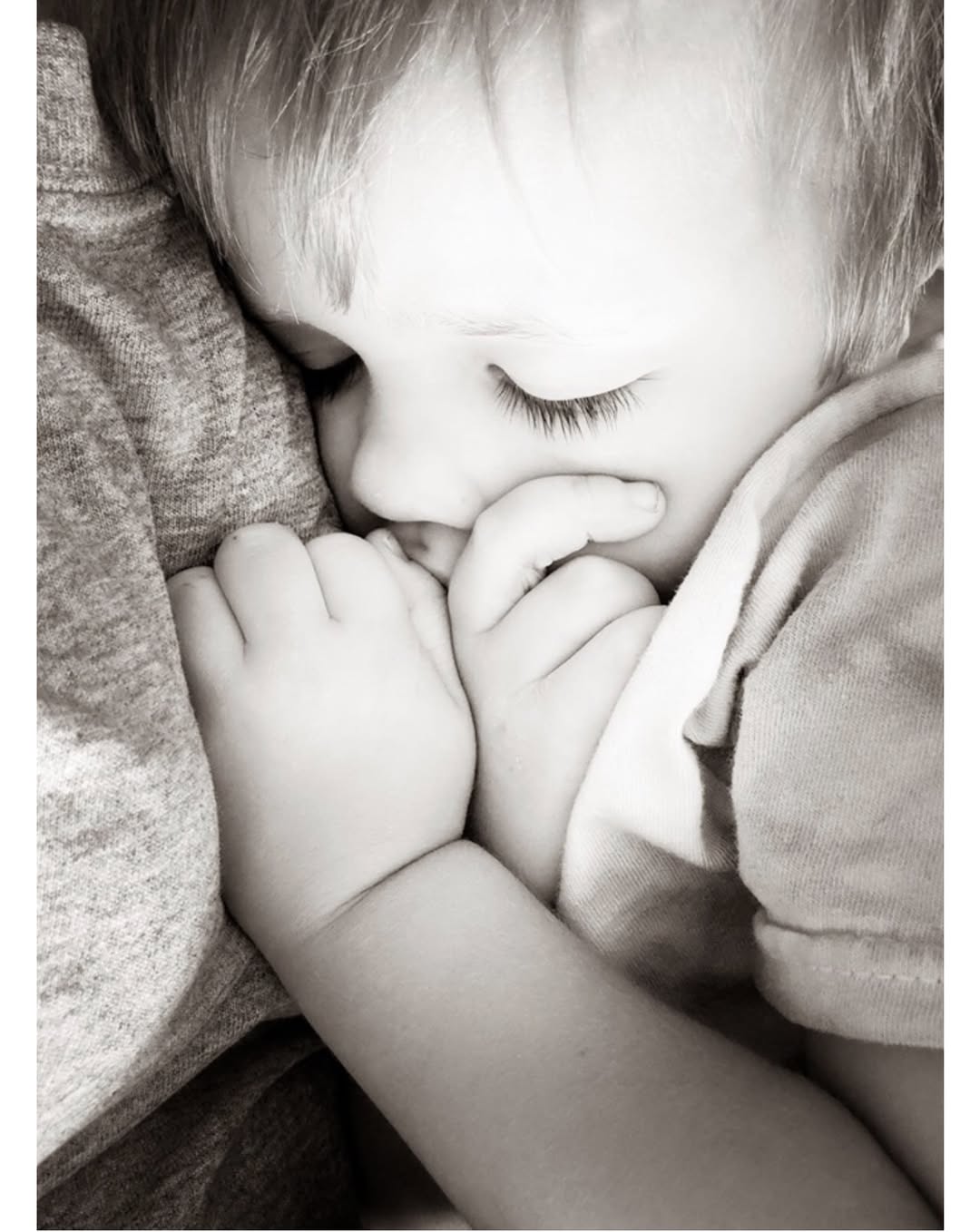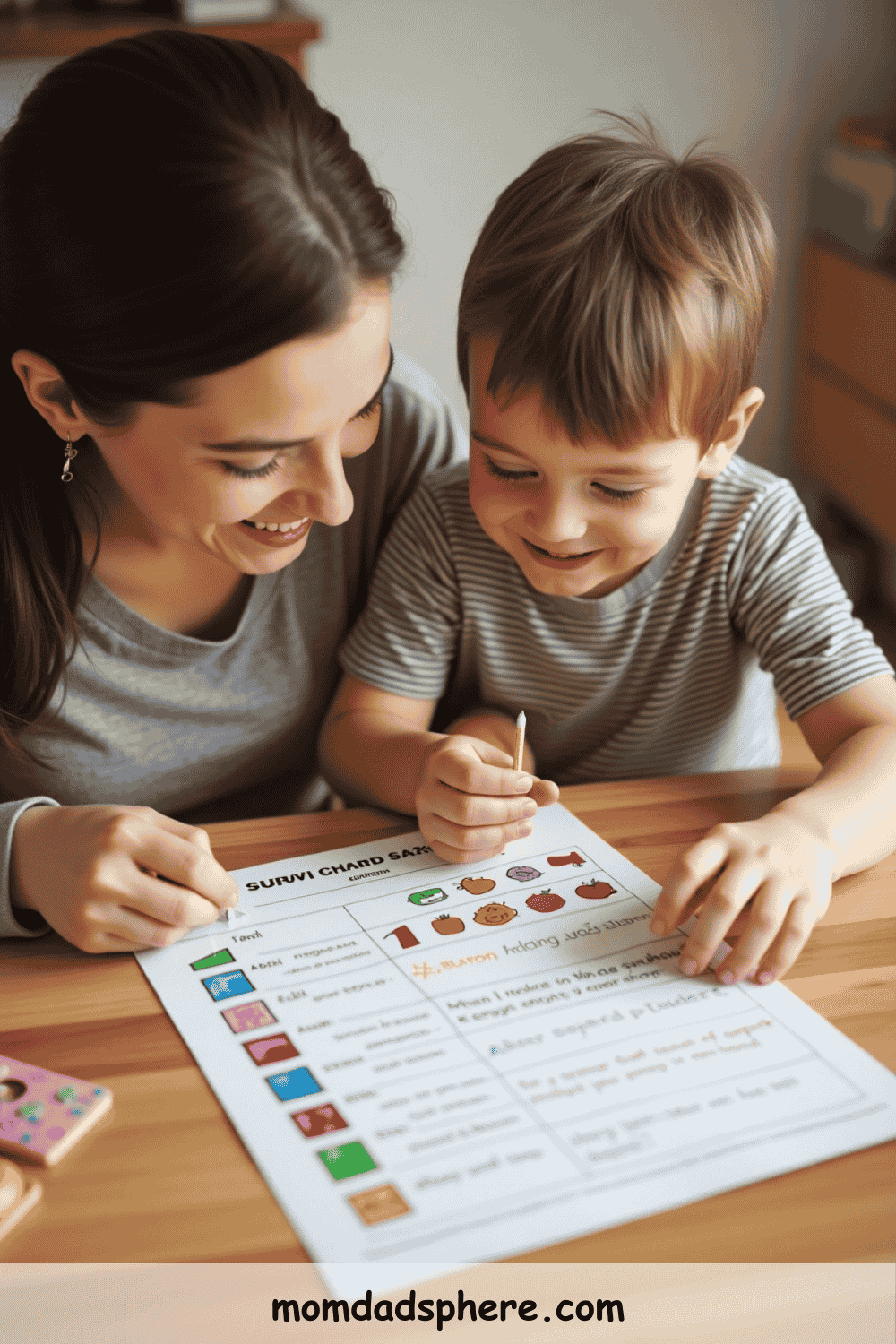Parenting is one of the most rewarding yet challenging journeys in life. As parents, we all want to raise happy, confident, and well-behaved children. However, disciplining your child effectively without resorting to harsh methods can be tricky. The key is to adopt positive parenting techniques that foster a healthy parent-child relationship while teaching your child important life skills. Here are 70 positive parenting solutions to help you discipline your child effectively and create a nurturing environment for their growth.
70 Positive Parenting Solutions to Discipline Your Child Effectively
Here are 70 Positive Parenting Solutions to Discipline Your Child Effectively :
1-10: Building a Strong Foundation 🏡
- Lead by Example: Children learn by observing. Model the behavior you want to see in them.
- Set Clear Expectations: Clearly communicate what behavior is acceptable and what isn’t.
- Create a Routine: Consistent routines help children feel secure and understand boundaries.
- Use Positive Language: Instead of saying “Don’t run,” say “Please walk.”
- Praise Good Behavior: Acknowledge and reward positive actions to reinforce them.
- Be Patient: Change takes time. Stay calm and consistent.
- Listen Actively: Show your child that their feelings and opinions matter.
- Spend Quality Time: Build a strong bond by engaging in activities they enjoy.
- Teach Problem-Solving Skills: Help them find solutions instead of solving problems for them.
- Encourage Independence: Let them make small decisions to build confidence.

11-20: Effective Communication Strategies 🗣️
- Use “I” Statements: Say “I feel upset when you don’t listen” instead of “You never listen.”
- Stay Calm During Conflicts: Avoid yelling; it escalates the situation.
- Validate Their Feelings: Acknowledge their emotions even if you don’t agree.
- Ask Open-Ended Questions: Encourage them to express themselves.
- Give Choices: Offer limited options to give them a sense of control.
- Use Humor: Lighten the mood with a joke or funny comment.
- Be Specific with Praise: Instead of “Good job,” say “I love how you shared your toys.”
- Avoid Comparisons: Every child is unique; celebrate their individuality.
- Explain Consequences: Help them understand the impact of their actions.
- Apologize When Wrong: Show them it’s okay to admit mistakes.
21-30: Discipline Without Punishment 🚫
- Use Time-Ins: Sit with your child to calm down and reflect.
- Redirect Attention: Shift their focus to a positive activity.
- Natural Consequences: Let them experience the results of their actions (e.g., forgetting homework leads to a lower grade).
- Logical Consequences: Tie consequences directly to the behavior (e.g., no TV if homework isn’t done).
- Teach Empathy: Help them understand how their actions affect others.
- Use Visual Aids: Charts or pictures can help younger kids understand rules.
- Stay Consistent: Follow through with consequences every time.
- Avoid Overreacting: Stay composed to avoid escalating the situation.
- Focus on Solutions: Work together to fix mistakes instead of blaming.
- Encourage Self-Reflection: Ask, “What could you do differently next time?”
31-40: Encouraging Positive Behavior 🌟
- Create a Reward System: Use stickers or tokens for good behavior.
- Celebrate Small Wins: Acknowledge even minor improvements.
- Set Realistic Goals: Break tasks into manageable steps.
- Use Encouragement: Say “You’re working so hard!” to motivate them.
- Be a Cheerleader: Show enthusiasm for their efforts.
- Teach Gratitude: Encourage them to appreciate what they have.
- Practice Kindness: Model and encourage acts of kindness.
- Promote Teamwork: Teach them to work well with others.
- Focus on Strengths: Highlight what they’re good at.
- Be Present: Give them your full attention when they need
41-50: Managing Challenging Behaviors 🛠️
- Identify Triggers: Understand what causes negative behavior.
- Stay Calm: Your calmness helps de-escalate the situation.
- Use Distraction: Redirect their attention to something positive.
- Set Boundaries: Be firm but kind when enforcing rules.
- Avoid Power Struggles: Pick your battles wisely.
- Teach Coping Skills: Help them manage frustration or anger.
- Be Proactive: Address potential issues before they escalate.
- Use Positive Reinforcement: Reward good behavior more than punishing bad behavior.
- Stay Patient: Change won’t happen overnight.
- Seek Professional Help if Needed: Don’t hesitate to consult a counselor or therapist.
51-60: Fostering Emotional Intelligence ❤️
- Label Emotions: Help them name their feelings.
- Teach Deep Breathing: A simple way to calm down.
- Encourage Expression: Let them talk, draw, or write about their feelings.
- Practice Mindfulness: Teach them to stay present and aware.
- Be Empathetic: Show understanding and compassion.
- Model Emotional Regulation: Demonstrate how to handle stress calmly.
- Use Stories: Books can help them understand emotions better.
- Create a Safe Space: Let them know it’s okay to feel and express emotions.
- Teach Conflict Resolution: Show them how to resolve disagreements peacefully.
- Celebrate Emotions: All feelings are valid, even the negative ones.
61-70: Long-Term Strategies for Success 🌱
- Encourage Lifelong Learning: Foster curiosity and a love for learning.
- Teach Responsibility: Assign age-appropriate chores.
- Promote Healthy Habits: Encourage exercise, sleep, and a balanced diet.
- Limit Screen Time: Set boundaries for technology use.
- Be a Role Model: Show them how to live with integrity and kindness.
- Encourage Hobbies: Support their interests and passions.
- Teach Financial Literacy: Help them understand money management.
- Build Resilience: Teach them to bounce back from setbacks.
- Celebrate Diversity: Encourage acceptance and inclusion.
- Love Unconditionally: Let them know your love isn’t based on their behavior.
Why Positive Parenting Matters 🌈

Positive parenting focuses on guiding children with empathy, respect, and understanding. It’s about teaching rather than punishing, and building a strong emotional connection with your child. Research shows that positive parenting leads to better emotional regulation, improved behavior, and stronger self-esteem in children. So, let’s dive into these 70 effective strategies to discipline your child positively!
Positive parenting isn’t about being perfect; it’s about being present, patient, and proactive. By using these 70 positive parenting solutions, you can create a loving and disciplined environment where your child thrives. Remember, every child is unique, so adapt these strategies to fit your family’s needs. With consistency, empathy, and a lot of love, you’ll raise a child who feels valued, respected, and ready to take on the world! 🌟



